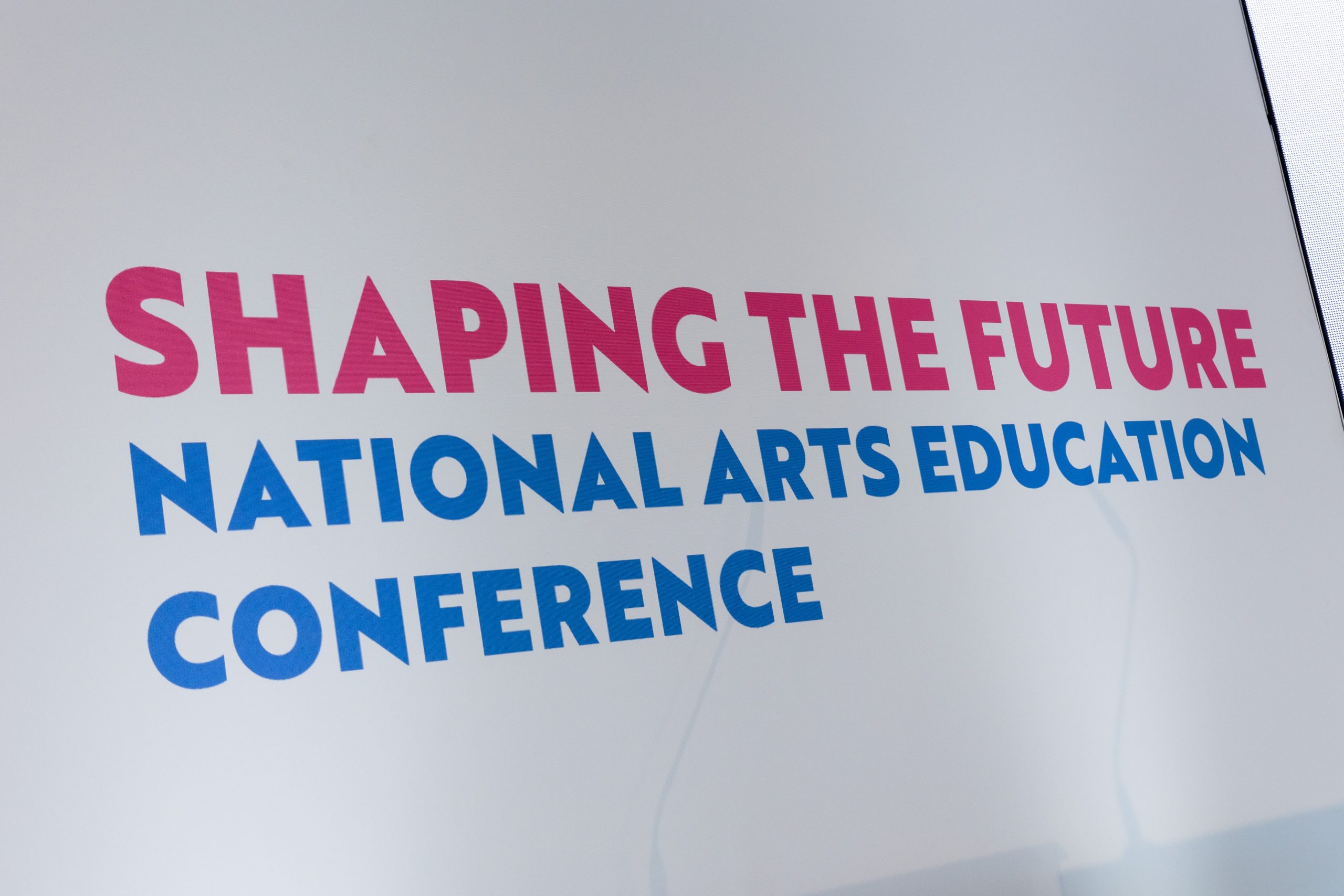For anyone in doubt of the economic power of the CCS, just click onto the recent in-depth study by E&Y ‘Rebuilding Europe’. The study is on the cultural and creative economy before and after the COVID-19 crisis, and published in January 2021 https://www.rebuilding-europe.eu
We are just hearing that in mid-May 2021 the European Parliament will be approving the new Creative Europe programme. This is substantially increased by €800 million to €2.24 billion with its co-funding rates also to be increased. A new dedicated cluster to culture under Pillar II in Horizon Europe programme called Culture, Creativity and Inclusive Society will also shortly open.
There is a much emphasis on rebuilding and reopening Europe, with a focus on bringing the citizen closer to the Green Deal through cultural initiatives like the New European Bauhaus. Where is Malta’s recovery plan and reopening strategy for culture, which is crucial to our economic survival? What is happening with our smaller-scale open air venues and festivals? We have seen excellent examples of good practice from this sector last summer, adhering perfectly to the health authority guidelines. We need to support the most affected sectors of the economy to prepare for reopening. The CCS must support tourism and vice versa.
We must latch onto this crucial link between culture and tourism. What are the Maltese Islands offering visitors during these months besides our natural sun and sea resources? We are selling our climate, our diving and our healthcare system according to the Visit Malta website. Is this our new tourism policy for Malta? We need to enable local festivals to reopen. I am of course not speaking about the MTV mass event, which cannot yet take place, but the smaller-scale seated festivals such as the Victoria Arts Festival, all the Festivals Malta summer festivals, the Malta Mediterranean Literature Festival organized by Inizjamed, and the APS festival which opened its doors for the first time last summer, organized superbly by the Malta Philharmonic Orchestra, just to mention a few.
Festivals in northern climates such as the Edinburgh International Festival (EIF), are opening outdoor events during their non-ideal summer months. Malta has the ideal climate conditions and outdoor venues and yet this is not yet given a go-ahead to proceed. The EIF are using three purposely built pavilions with a covered stage, shorter performances with no intervals, physical distancing, regular cleaning and contactless ticketing. It is clear that smaller scale events and festivals, especially outdoors, observing all COVID preventative measures, have no reason not to be allowed. This is probably the only sector which has remained in total lockdown since March.
We have venues such as Teatru Pjazza Rjal which already have the perfect conditions for this. Other spaces can be set up and can be made available for events whilst sharing costs between festivals or event organizers. It is already late to organize fully-fledged summer festivals, but it is not totally impossible to engage local artists. Many are currently without any work at all. A time factor needs also to be considered as there is a lot of work to be done to make them happen.
We have learned a lot of new skills during this pandemic and have also come to realize the importance of further access to digital development and training for new skills. However good they are, online performances will never replace the live experience. We all understand the health authorities are doing their best to keep us safe in these challenging times. However, we must also ensure the government listens to the voice of reason. We need to roll out a recovery plan for culture, and reopen – with restrictions – live performance as soon as possible.
Photo credit: Lindsey Bahia.
Words by Davinia Galea, Managing Director at ARC Research & Consultancy.

